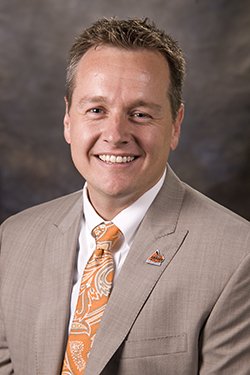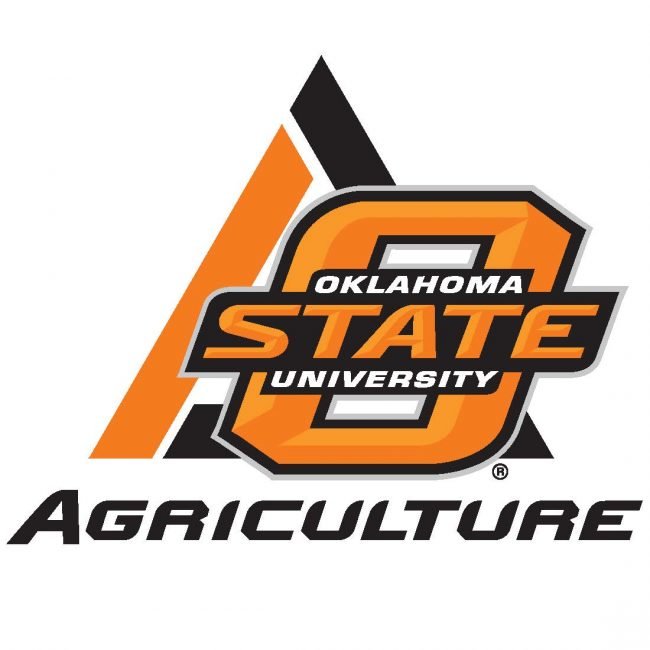Cultivating Strong Agriculture Education Teachers Using Video Reflection and Custom Learning Goals
Chemists are exposed to chemistry by their teachers today. So too are future agriculture engineers, soil scientists, and natural resource managers exposed to these career paths by their agriculture education teachers.
Like many other teaching certification programs, in-field teaching experience is a requirement of certification. Before Edthena, Oklahoma State’s ag ed program was unable to blend the theories taught in the classroom to the in-field experience. Now, they use video coaching as a model to bridge the gap between theory and practice.
“Video fundamentally changes the experience by moving teacher candidate experiences and perceived needs to the forefront,” said Marshall Baker, a professor in the program.

For those of us who don’t know, what does agriculture education encompass?
A typical day in the life of an agricultural education teacher candidate always varies! On any given day, a teacher candidate could be in the classroom learning contextually about global agriculture, performing research about new types of natural resources systems, or could be out in the field performing supervised agricultural experiences.
You’ve used video within your program before adopting Edthena. How are things different now?
The most profound difference is the connection between teaching experiences and course instruction.
Prior to Edthena, video evidence was collected by the teachers. The reflections often were simply a recount of what occurred. Instructors very rarely watched the videos due to technical difficulties. They definitely did not provide skill specific and video specific feedback.
Today, the recorded teaching experiences inform what is taught as part of our course. The material taught in the course then directly informs subsequent teaching experiences. 
How does the coaching and feedback to teachers look now?
Our current coaching model moves teacher candidate experiences and perceived needs to the forefront rather than a pre-existing calendar of topics selected by myself.
This fundamentally changes the experience and puts teacher improvement in the center where it should be. Candidates feel professionally developed rather than simply taught.
What unexpected benefits came from using an online video coaching platform?
One thing that I can think of involves the new archive of exemplary videos that are now in the platform.
Although this wasn’t originally planned, we added our agricultural education framework to the platform to support measurement of mastery levels and create specific improvement goals via Commitments.
What we found was that by incorporating our ag ed framework into our videos, we ultimately developed a great set of videos that exhibit each behavior. Then we can provide those to our candidates to demonstrate exemplary mastery of a skill.

